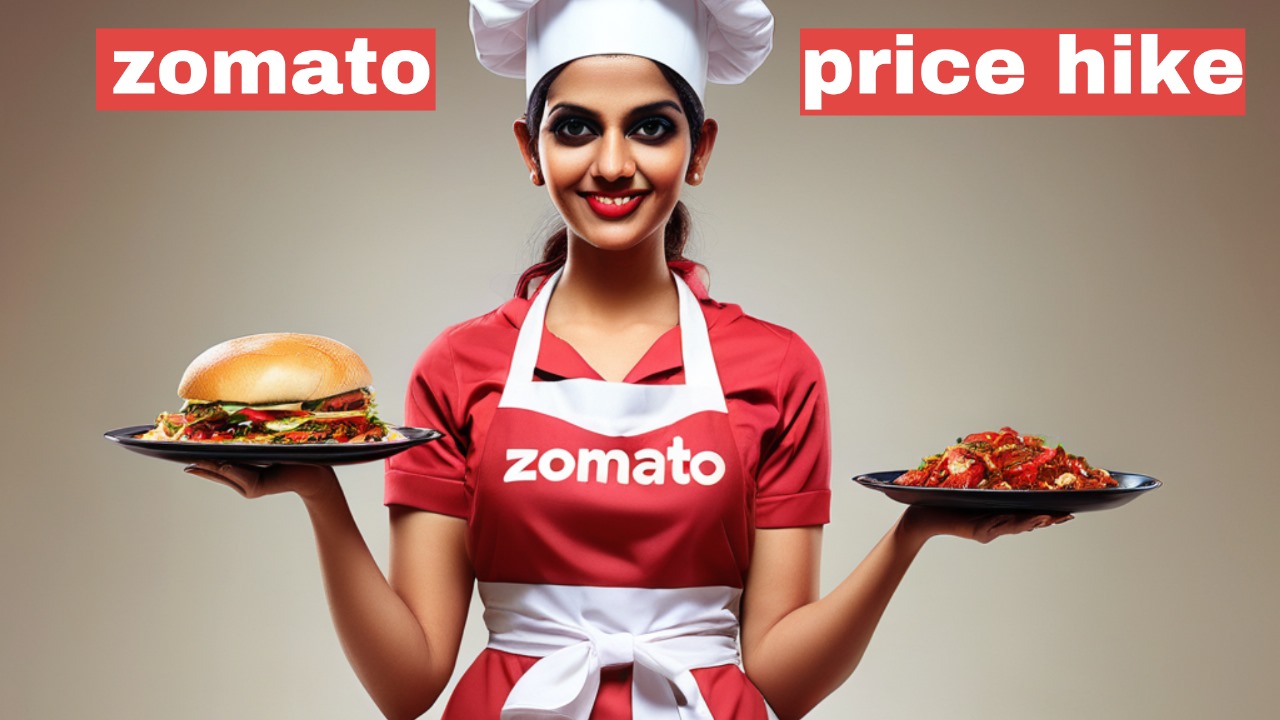One of the biggest meal delivery platforms in India Zomato has announced a significant increase in customer fees in an effort to manage the changing dynamics of the food delivery market. The platform fee represents a calculated strategic move to address operational challenges and ensure sustainable growth as it has increased by 25% to Rs 5 per order in a few cities. Although this move is intended to maximize the companys income streams it also raises important concerns about how it will affect customers delivery partners and the larger Indian food delivery ecosystem.
A quickly evolving market environment marked by inflationary pressures logistical challenges and shifting consumer preferences is the backdrop against which the decision to raise customer fees was made. Reducing customer fees becomes a crucial step in Zomatos revenue model alignment with the industrys changing demands as it looks to sustain its competitive advantage and increase its bottom line. The 25% fee increase however masks the substantial financial burden that Zomatos customers may have to pay for using the service.
Users will pay more for each order as a result of the fee increase which may have an impact on their ordering habits and platform preferences for food delivery. Any increase in fees may cause users to look into other options or reevaluate how frequently they place orders in a price-sensitive market like India where affordability frequently influences consumer behaviour. Zomato faces the difficulty of maintaining the loyalty and satisfaction of its user base while simultaneously optimizing revenue streams.
Furthermore, since Zomatos delivery partners are the foundation of its operational infrastructure the fee increase has an impact on them. The company may see an increase in revenue streams as a result of the higher customer fees but it is still unclear how this will affect delivery partners profits. Any modifications to fee structures in an industry where precarious working conditions and the gig economy model are prevalent must be accompanied by steps to guarantee equitable compensation and protect the welfare of delivery partners.

In addition to its direct effects on customers and delivery partners Zomatos fee increase highlights more significant patterns and difficulties in the food delivery industry. The way that consumers engage with food is being transformed by digital platforms raising concerns about accessibility affordability and sustainability. Zomatos’s decision is a microcosm of the larger changes occurring in the food industry emphasizing the need for creative solutions that strike a balance between social responsibility and economic imperatives.
Zomato has to take a calculated risk and prioritize stakeholder collaboration user engagement and transparency in order to overcome these obstacles. Building trust and averting potential backlash requires explaining the reasoning behind the fee increase and how it will affect users and delivery partners. To further strengthen Zomato’s value proposition in the cutthroat food delivery market investments in operational efficiency and technological innovation can help optimize cost structures and improve service quality.
Zomato faces a wide range of opportunities and challenges as it moves into this new stage of its development. The company can effectively manage the consequences of the fee hike and establish a foundation for long-term growth and relevance in India’s dynamic food delivery industry by capitalizing on its technological prowess market intelligence and customer-focused approach.
In conclusion,
Ultimately the strategic needs and practicalities of the food delivery sector are reflected in Zomato’s decision to increase customer fees. The fee increase affects users delivery partners and the ecosystem as a whole even though its goals are to optimize revenue streams and solve operational issues. Handling these intricacies calls for a sophisticated comprehension of market dynamics as well as an unwavering dedication to promoting inclusivity transparency and trust among all parties involved.



